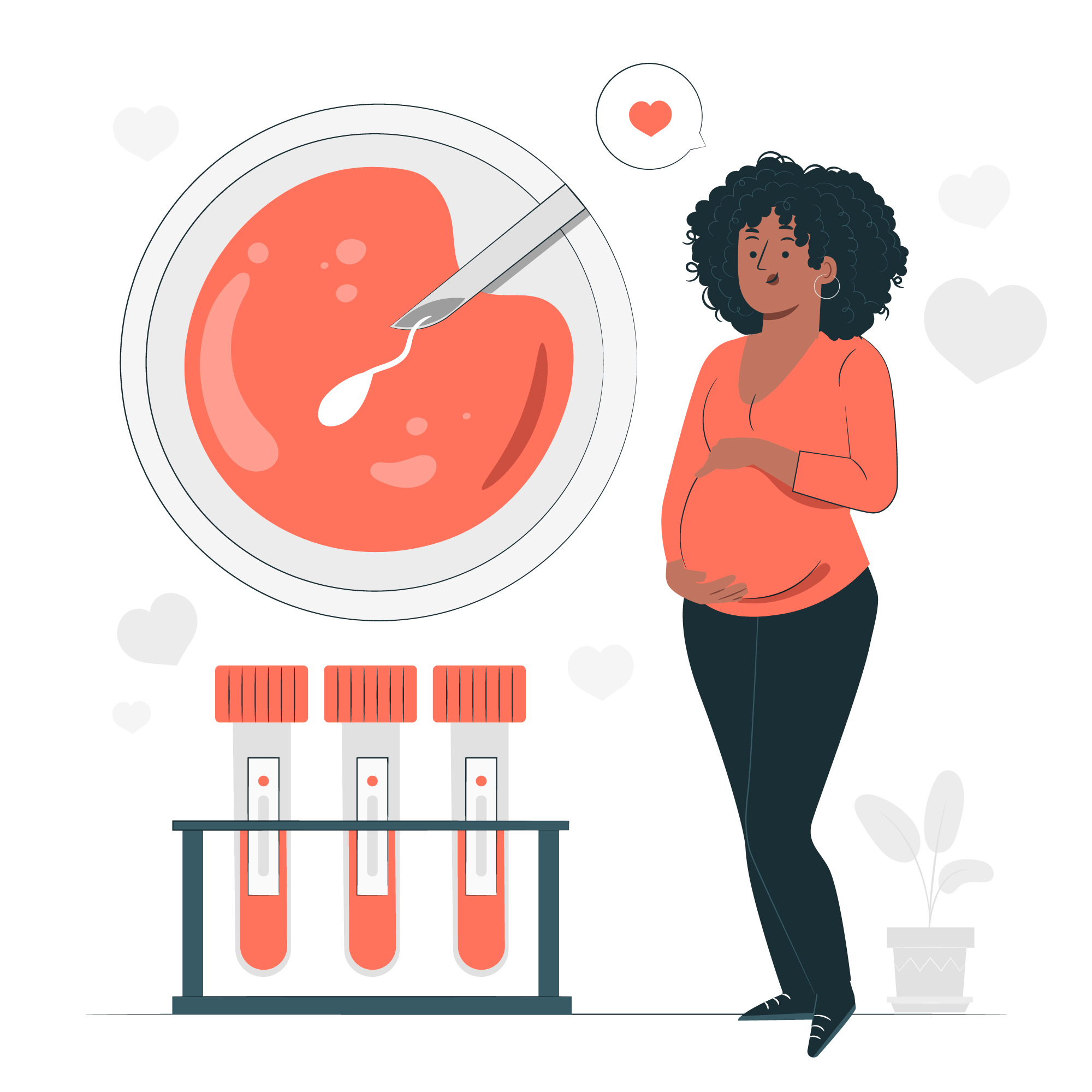For couples struggling with infertility, Assisted Reproductive Technology (ART) treatments like In Vitro Fertilization (IVF) provide hope in their journey toward parenthood. IVF has transformed fertility care, leveraging cutting-edge medical advancements and expert specialists to assist conception. However, like any medical procedure, IVF involves medications and hormone injections that may lead to certain side effects. This guide explores the possible reactions to IVF injections, stimulation medications, and what couples can expect throughout the process.
The Role of IVF Injections and Medications
IVF involves multiple stages, starting with ovarian stimulation to encourage the production of multiple eggs, followed by egg retrieval, fertilization in a laboratory, and embryo transfer to the uterus. Success largely depends on the precise use of hormonal injections and medications, making it essential to understand their potential side effects.
Common Side Effects of IVF Hormone Injections
- Injection Site Discomfort – Mild pain, swelling, or redness may occur where the injection is administered, but these symptoms typically subside quickly.
- Ovarian Hyperstimulation Syndrome (OHSS) – Some women may experience an exaggerated response to stimulation drugs, leading to OHSS. Mild cases cause bloating and discomfort, while severe cases can lead to fluid retention and require medical attention. Close monitoring by a fertility specialist helps reduce the risk.
- Mood Swings – Hormonal fluctuations from IVF injections can cause heightened emotions or mood swings. Discussing any psychological changes with a doctor can provide support and solutions.
- Hot Flashes – Similar to those experienced during menopause, temporary hot flashes may occur but generally fade once the medication cycle is complete.
- Allergic Reactions – Rarely, individuals may develop allergic responses to the injection ingredients, leading to rashes, itching, or breathing difficulties. Seek immediate medical help if these symptoms appear.
Side Effects of IVF Medications
- Nausea and Vomiting – Some women experience mild nausea due to hormone treatments.
- Breast Tenderness – Hormonal fluctuations can cause breast swelling or tenderness.
- Headaches – Occasional headaches may arise, which can be managed by staying hydrated and practicing relaxation techniques.
Potential Side Effects of the IVF Trigger Shot
The trigger shot is crucial for egg maturation before retrieval. Possible reactions include:
- Injection Site Reactions – Temporary swelling, redness, or mild discomfort at the injection site.
- Ovulation-like Symptoms – A sensation of fullness or slight pelvic discomfort, resembling natural ovulation.
Side Effects of IVF Stimulation Drugs
- Abdominal Discomfort – Some women experience mild cramps due to ovarian stimulation, similar to menstrual cramps.
- Fatigue – Hormonal changes can lead to feelings of exhaustion, which can be managed with rest and light activity.
- Injection Site Reactions – Some individuals may experience minor itching, bruising, or irritation at injection sites, which can be minimized by following proper administration techniques.
- Digestive Issues – Bloating or constipation may occur due to hormonal shifts, but a fiber-rich diet and hydration can help manage these effects.
Self-Care Tips for a Smoother IVF Journey
- Stay Connected with Your Doctor – Regular communication with your fertility specialist ensures any side effects are promptly addressed.
- Seek Emotional Support – Fertility treatments can be emotionally taxing; consider counseling, support groups, or therapy.
- Maintain a Healthy Lifestyle – Eating nutritious foods, engaging in light exercise, and prioritizing rest can improve overall well-being.
- Practice Stress Management – Techniques like meditation and deep breathing can help cope with anxiety during the process.
- Involve Your Partner – Emotional support from your partner can make a significant difference in handling challenges and celebrating progress.
FAQs About IVF
- Does IVF have long-term effects on the body?
IVF does not typically cause long-term health effects. Temporary side effects such as minor weight gain, mood swings, and injection site discomfort are common. - Are IVF babies healthy?
Yes, IVF babies are just as healthy as naturally conceived babies. The misconception that IVF babies are weaker is unfounded. - Can IVF harm the ovaries?
When administered under expert medical supervision, IVF injections do not harm the ovaries or cause long-term damage. - Can you conceive naturally after IVF injections?
IVF includes several stages, from egg retrieval to embryo transfer. Success rates vary, but many women go on to have successful pregnancies through IVF.

